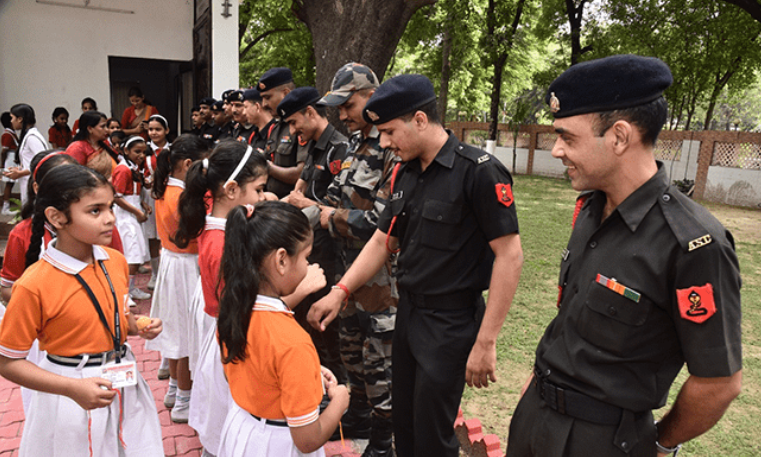The last assembly elections in Karnataka were held in May 2023. For several months prior to the polls, the headlines in the local newspapers were dominated by four topics. The first was the headscarf worn by many Muslim girls seeking a modern college education. The second was a form of killing an animal before eating it practised by many Muslims. The third was the very occasional occurrence of an adult Muslim male and an adult Hindu girl falling in love with one another and wishing to get married. The fourth was the place in history and legend of a king who once ruled part of what is now the state of Karnataka, and who was killed while battling British imperialists more than two hundred years ago.
Hijab, halal, ‘love jihad’’, and Tipu Sultan – these then were the themes being stoked up for the edification of Karnataka’s voters. Not, mind you, jobs, prices, the state of schools and hospitals, the state of air and water, the state of the roads, or other such issues one might think should matter more for the 60 million residents of the state where I reside.
The reason for this was entirely political. The Bharatiya Janata Party government in power was not particularly popular; and its chief minister was not particularly effective either. Sensing the mood of anti-incumbency, the party bosses in Delhi decided to make the Karnataka assembly elections entirely a Hindu versus Muslim issue. Through the issues of hijab, halal, and inter-faith marriages, the BJP sought to portray Indian Muslims as different and unreliable, hoping thereby to consolidate the majority Hindu population behind it. In pursuit of this malevolent agenda, the ruling party’s WhatsApp factory manufactured some spectacular falsehoods, the most extraordinary of which was the claim that it was two Vokkaliga warriors, and not the soldiers of the East India Company, who killed Tipu Sultan.
These tactics failed. The Congress won a fairly comfortable majority in the Karnataka elections, its victory propelled by two factors: first, that unlike the states of the Hindi heartland, the party still has a reasonably intact base across Karnataka; second, that the main leaders of the state unit, Siddaramaiah and DK Shivakumar, more or less worked in tandem (again unlike northern states such as Rajasthan and Chhattisgarh in each of which the two top Congressmen were fiercely rivalrous with each other).
This story was originally published in acroll.in. Read the full story here.






